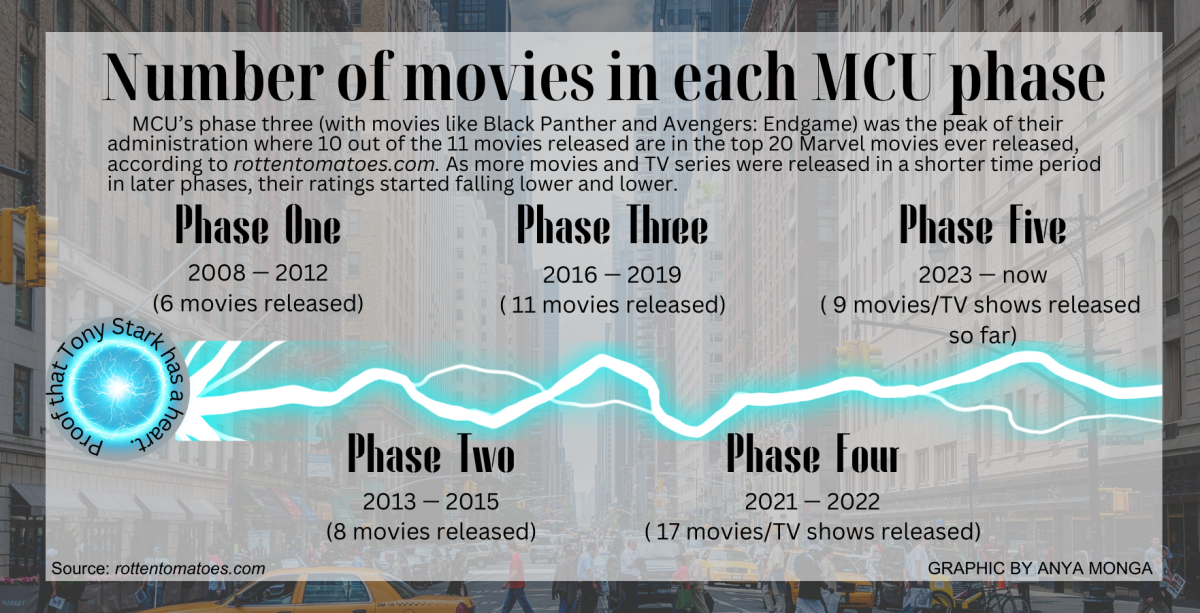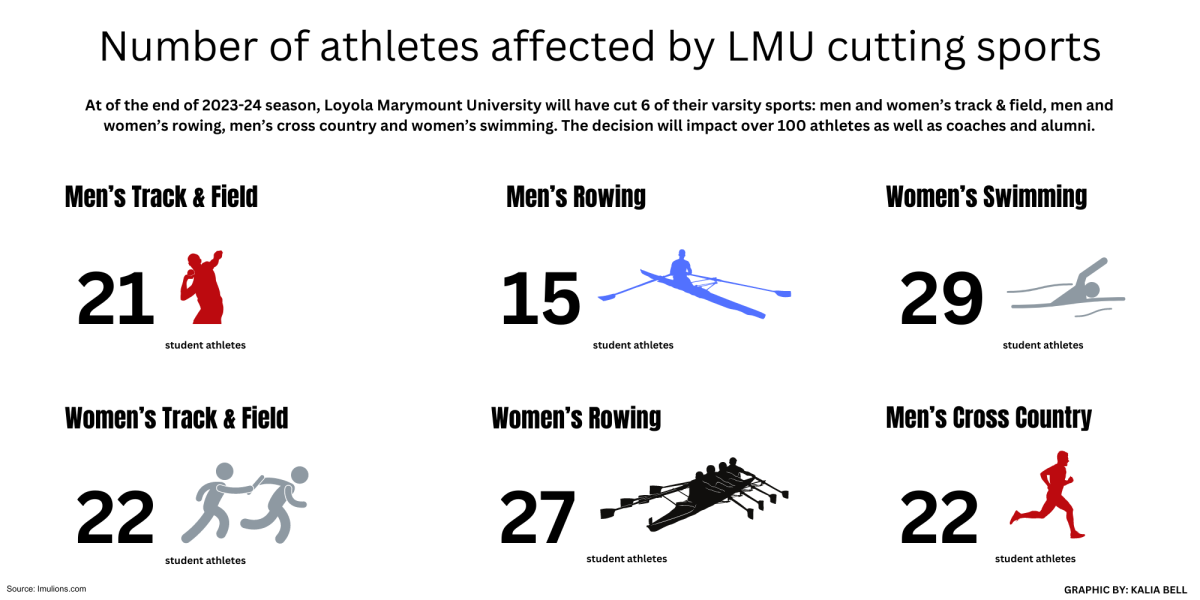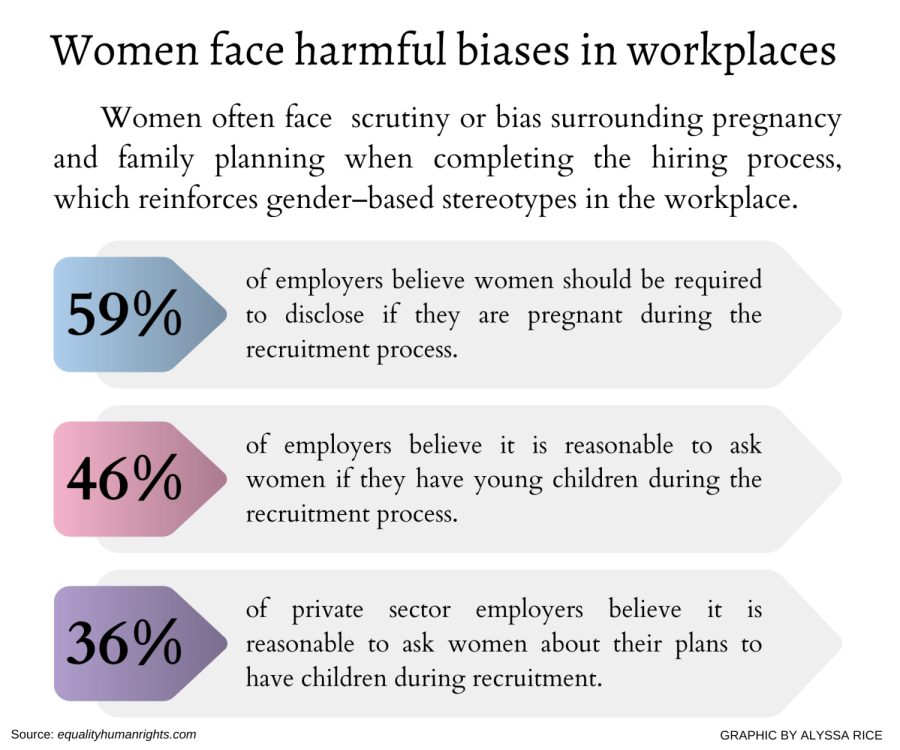Pregnancy discrimination for working women needs to be addressed
For many women, pregnancy is a time of celebration, but for women in the workplace, this joyous news is often accompanied by worry and fear. Discrimination against pregnant women was banned in 1978 with the Pregnancy Discrimination Act, yet taking action against employers who discriminate against pregnant women is a lengthy and often unsuccessful process.
The struggles pregnant women face in the workplace need to be addressed in order for society to advocate for a more effective solution.
Sara Björk Gunnarsdóttir, a professional soccer player for Juventus F.C., faced hardships and discrimination throughout her entire pregnancy while playing with Olympique Lyonnais.
Gunnarsdóttir recounts how the club refused to pay her salary while on maternity leave, and while she was able to receive two months of salary, the club told her that “they’re going by French law — meaning, they don’t owe me anything else,” according to The Players’ Tribune.
In 2020, FIFA announced new requirements for pregnant players which guarantees them “at least 14 weeks of maternity leave paid at a minimum two-thirds of a player’s full salary,” according to AP News.
However, when Gunnarsdóttir tried to use these regulations to receive her withheld salaries, she was told by the club that she would have no future with Lyon if she continued with this legal action.
Gunnarsdóttir is not alone in her struggles either. Many women have faced discrimination or been withheld pay while on maternity leave because they are pregnant.
Every year, approximately 250,000 women are denied workplace accommodations related to their pregnancies.
“This is likely a conservative estimate of unmet need, given that around 36% of women who reported needing an accommodation did not ask their employer,” according to the University of Massachusetts report “Pregnancy Discrimination in the Workplace.”
Supreme Court rulings and legislative acts have aimed to decrease this statistic and ensure working women are treated fairly, but the reality remains that preventing discrimination is challenging and pursuing successful legal action is even harder.
Between 2012 and 2016, approximately 2% of pregnancy discrimination charges had a successful resolution and only 26% of women who file a charge receive some sort of benefit, according to the University of Massachusetts report. Only 11% of pregnancy discrimination charges resulted in a required workplace change.
Advocating for equality for pregnant women is an uphill battle as policies and legislation fail to protect people time and time again. Instead of depending on the law to make change, people need to start the discussion about pregnancy discrimination and bring awareness to the injustices these women face simply for wanting to work and start a family.
Your donation will support the student journalists of Westlake High School. Your contribution will allow us to purchase equipment and cover our annual website hosting costs.

she/her
My name is Alyssa Rice, and I am the Co-Editor-in-Chief. This is my third year on The Arrow staff, and I have been Opinion Section Editor and...






























